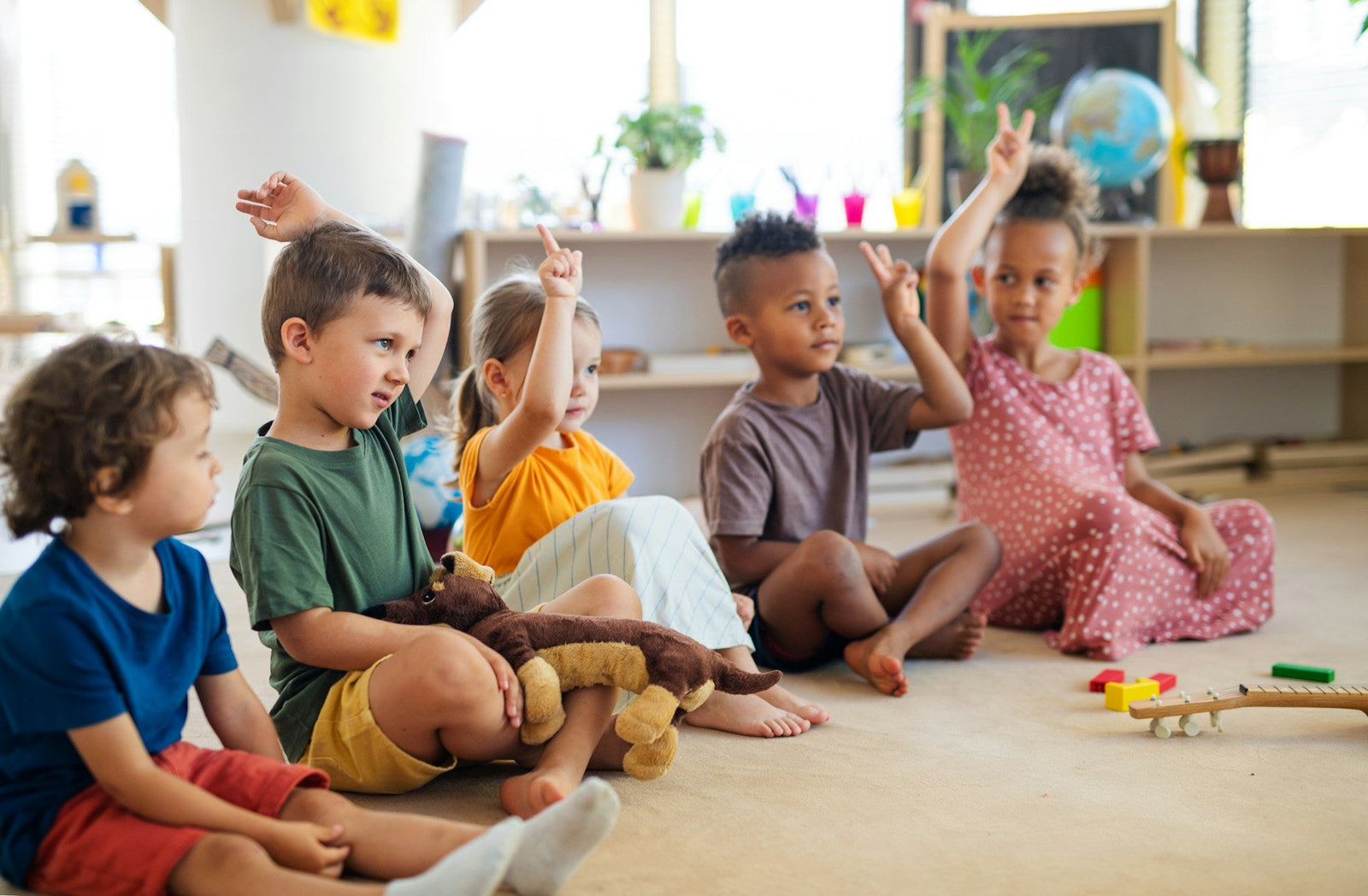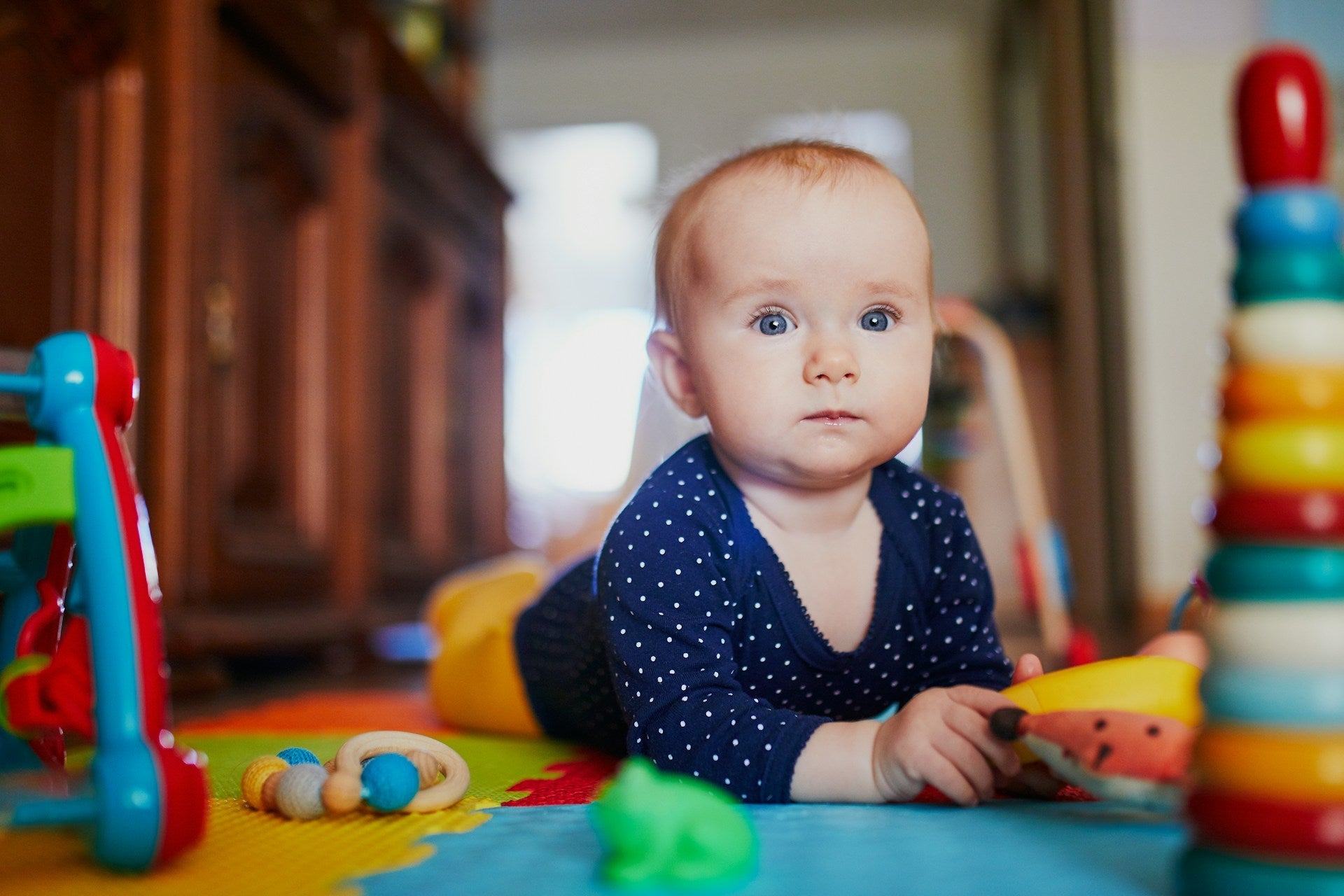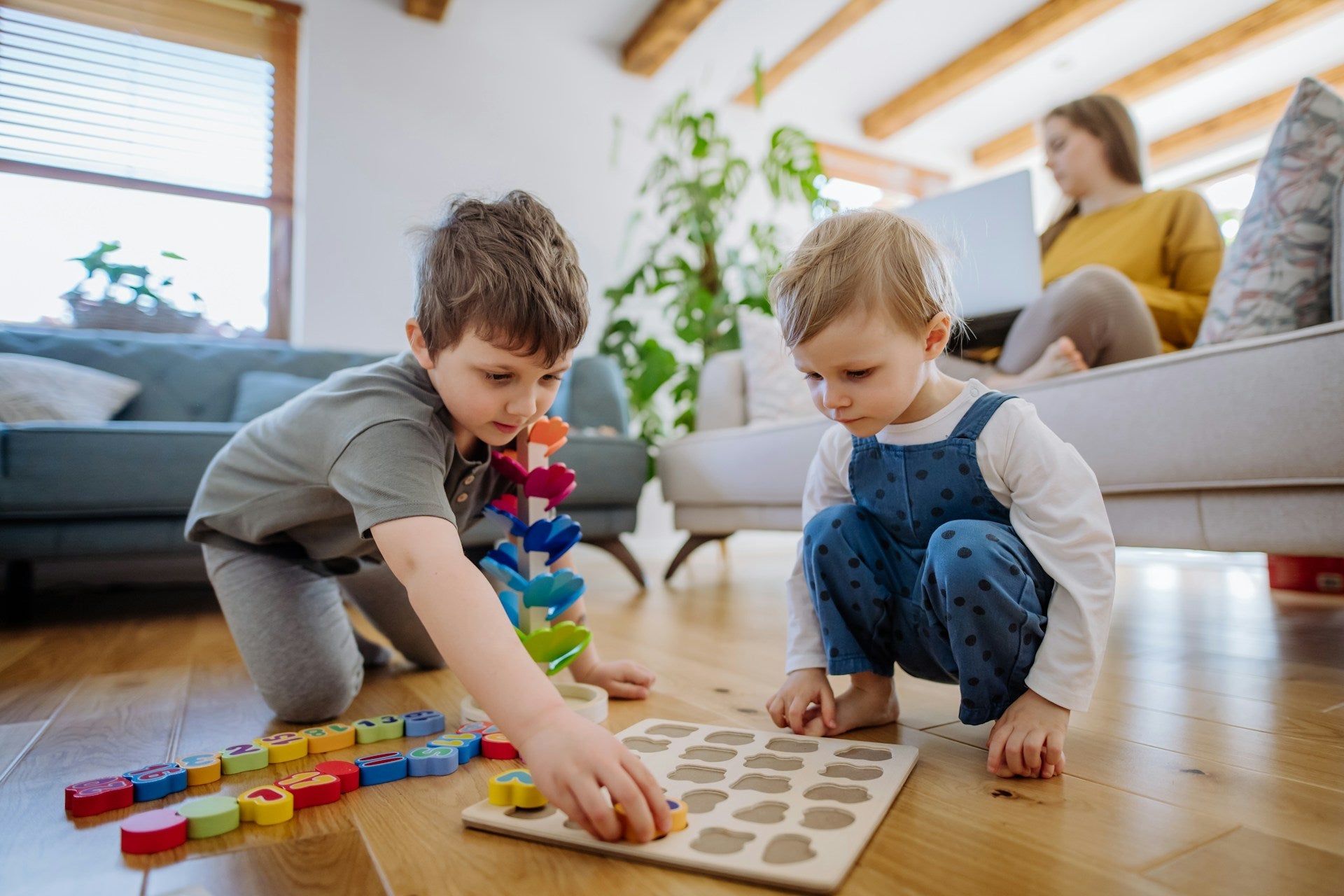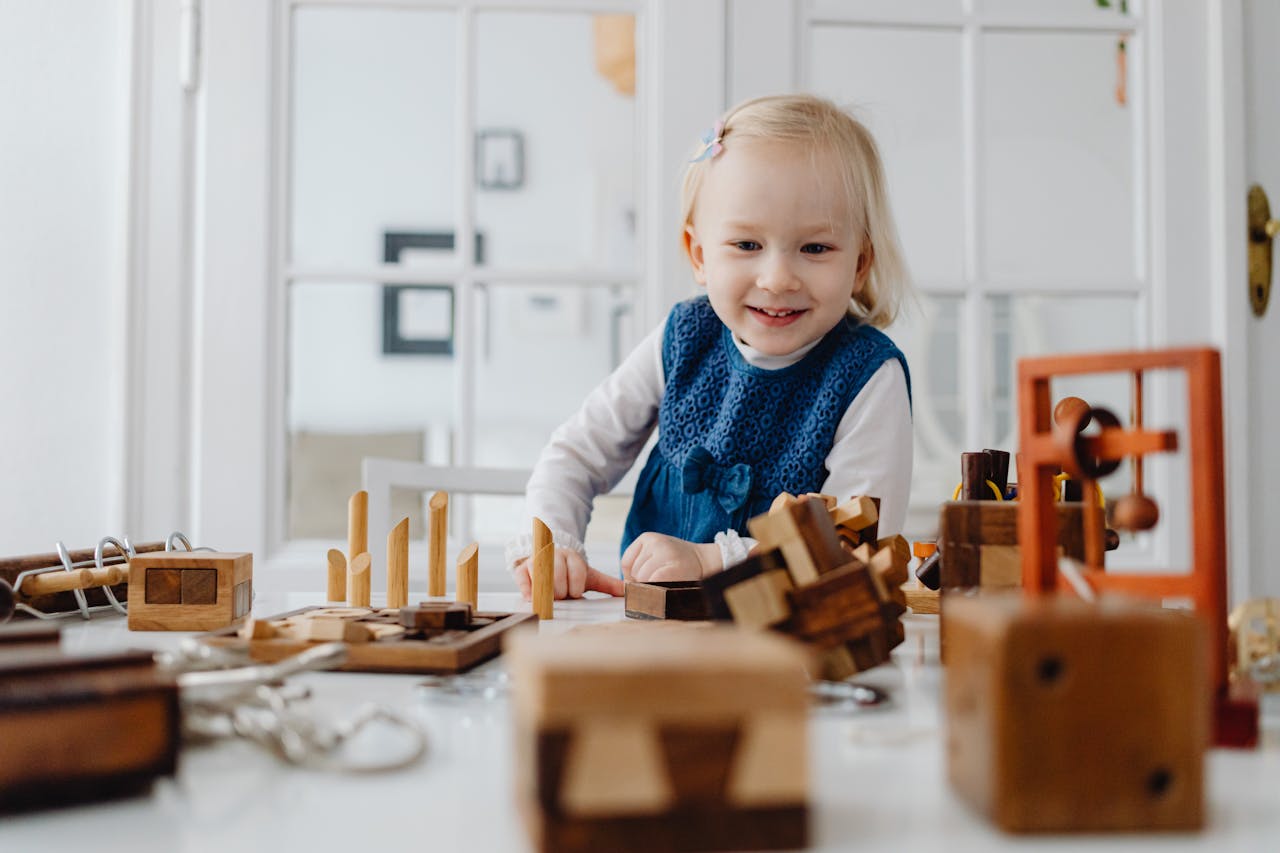Building Social Skills: Group Activities for Preschooler Development

Preschool is an exciting time of growth and discovery. It's when children start developing essential social skills that will shape their ability to interact with others throughout life. From making friends to sharing and communicating ideas, these years laid the groundwork for confident, sociable individuals.
Parents and educators can further enhance this learning experience by integrating Montessori methods into group activities. Montessori emphasizes a child-centered approach, respecting each child’s pace and promoting hands-on learning. This can be incredibly effective in group settings, where children work together and explore their interests. This balance of personal exploration within a group context nurtures social growth and personal confidence, making the learning experience enjoyable and enriching for preschoolers.
Understanding Social Skills in Preschoolers
Social skills develop rapidly during preschool, a crucial period for teaching children how to interact with the world around them. Through simple play and daily interactions, children learn to communicate, cooperate, and solve conflicts.
Key social skills include sharing, taking turns, listening, and expressing emotions appropriately. These skills form the foundation for building relationships and working effectively in groups. Preschoolers begin to understand the concept of empathy by recognizing and responding to peers' feelings. This understanding is vital in helping them form meaningful friendships and a positive sense of community.
Developing these skills prepares children for the more structured social expectations they'll face later in school. It encourages a cooperative spirit and the ability to navigate social situations with confidence and maturity. Observing your child's social interactions can provide insights into their comfort levels and areas that may require additional support or focus.
Parents and educators play a critical role by modeling positive social behaviors and providing opportunities for children to practice. Through guided activities, children gradually build the confidence to interact effectively with their peers, laying the groundwork for lifelong social success.
The Role of Group Activities in Social Development
Group activities are essential for enhancing social development in preschoolers. They provide a natural setting for children to engage with others, offering opportunities to practice and reinforce key social skills. Group activities encourage children to collaborate, negotiate, and solve problems, fostering a sense of community and companionship.
Children encounter diverse opinions and personalities in a group setting, exposing them to a broad range of social interactions. They learn to appreciate different perspectives and develop tolerance and acceptance toward others. Among the most important skills facilitated by group activities are cooperation, patience, and effective communication.
Consider incorporating the following group activities into your child's routine to enhance their social development:
1. Circle Time Discussions: Encourage children to share stories or thoughts in a group. This helps with turn-taking, listening, and expressing ideas.
2. Group Art Projects: Working collectively on a single art piece fosters teamwork and creative expression. Children learn to share materials and ideas.
3. Role-Playing Games: Kids can practice empathy and problem-solving by stepping into different roles and scenarios, promoting understanding and flexibility.
4. Simple Team Sports: Activities like relay races or tag games teach rules and encourage working toward common goals.
These activities offer numerous chances for preschoolers to engage with peers in various contexts. By participating regularly, children gradually build a toolkit of social skills that will benefit them throughout their educational journey and beyond.
Creative Group Games to Enhance Communication and Teamwork
Group games offer a dynamic way for preschoolers to build communication and teamwork skills. These activities make learning fun and engaging while teaching children how to express themselves effectively and work with others. Choosing the right games can significantly boost their social confidence and interaction quality.
Here are some creative group games designed to enhance communication and teamwork:
1. Telephone Chain
This is a classic game in which kids pass a whispered message from one to another, emphasizing active listening and clear communication.
2. Building Together
Use blocks or other building materials and challenge the group to construct a specific structure. This fosters teamwork and planning.
3. Follow the Leader
In this interactive game, encourage kids to mimic the actions of a 'leader.' It strengthens observation skills and cooperative participation.
4. Story Building
Have children take turns adding a sentence to an ongoing story. This promotes creativity and collaborative storytelling.
5. Obstacle Course
Create an obstacle course that requires pairs or groups to navigate together. It enhances problem-solving and supports teamwork.
These engaging activities allow preschoolers to practice essential social skills in a fun, supportive setting, preparing them for future collaborative scenarios.
Incorporating Montessori Methods in Group Settings
Incorporating Montessori methods in group activities enriches the learning experience by emphasizing child-led exploration and creativity. This approach encourages independence while nurturing social and cognitive development through collaborative tasks.
Montessori environments often use mixed-age groups, where older children naturally guide younger ones, promoting peer learning. Creating similar group activities at home or in school can be beneficial. This environment fosters leadership, mentorship, and cooperation among children as they share knowledge and skills.
Integrating Montessori elements into group settings involves:
- Prepared Environments: Arrange materials and tools to be child-friendly and accessible, allowing children to choose and engage with activities that interest them.
- Observation and Adaptation: Observe interactions to notice each child's learning style and adapt methods to support personal growth alongside group dynamics.
- Collaborative Projects: Encourage projects where every child contributes uniquely based on their interests and strengths, fostering inclusion and diverse thinking.
By combining group interactions with Montessori principles, children enjoy a balanced mix of individual and collective learning. This combination encourages them to become confident, independent learners who work well in teams.
Conclusion
Building social skills in preschoolers through group activities sets the stage for a well-rounded education and personal growth. These skills are crucial throughout childhood and into adulthood, as they help children navigate social scenarios confidently and empathetically. Incorporating group games and Montessori approaches into daily routines ensures that learning remains engaging, diverse, and tailored to each child's needs.
If you're eager to explore more about infusing Montessori principles in group activities and nurturing social skills in preschoolers, Hatchberry offers an array of Montessori-inspired toys and products. Let us help you support your child's remarkable journey through social development and beyond.








